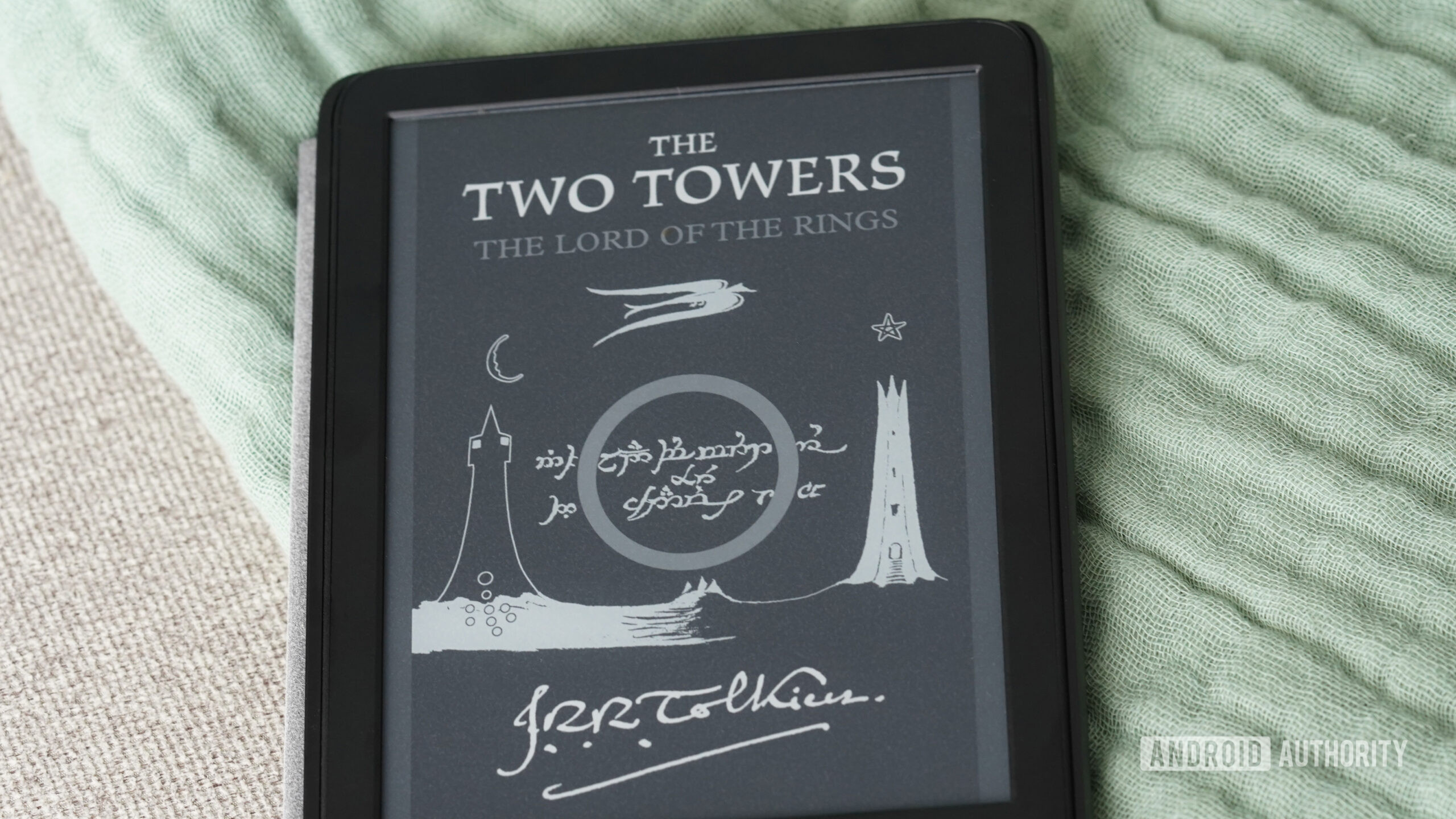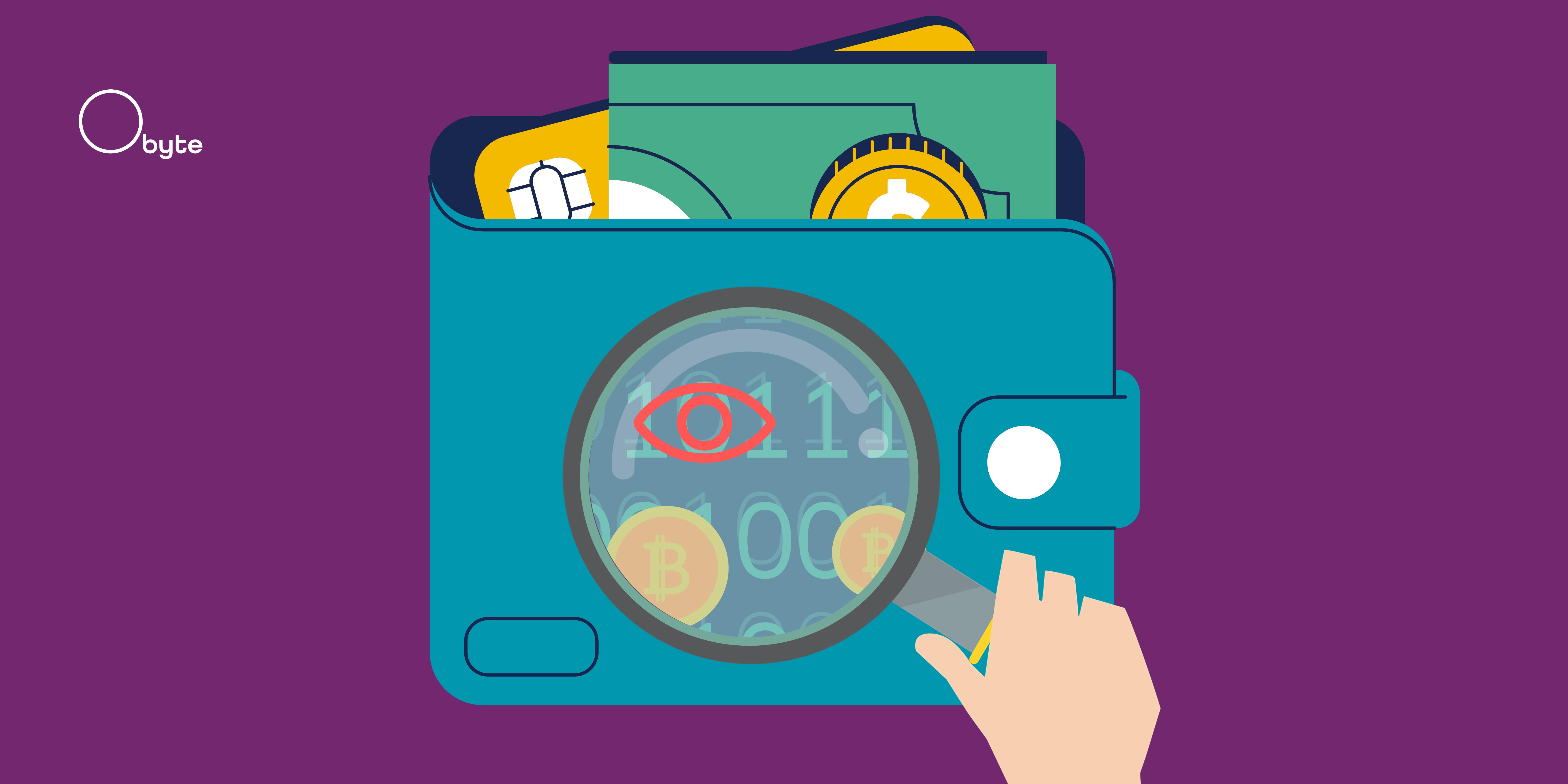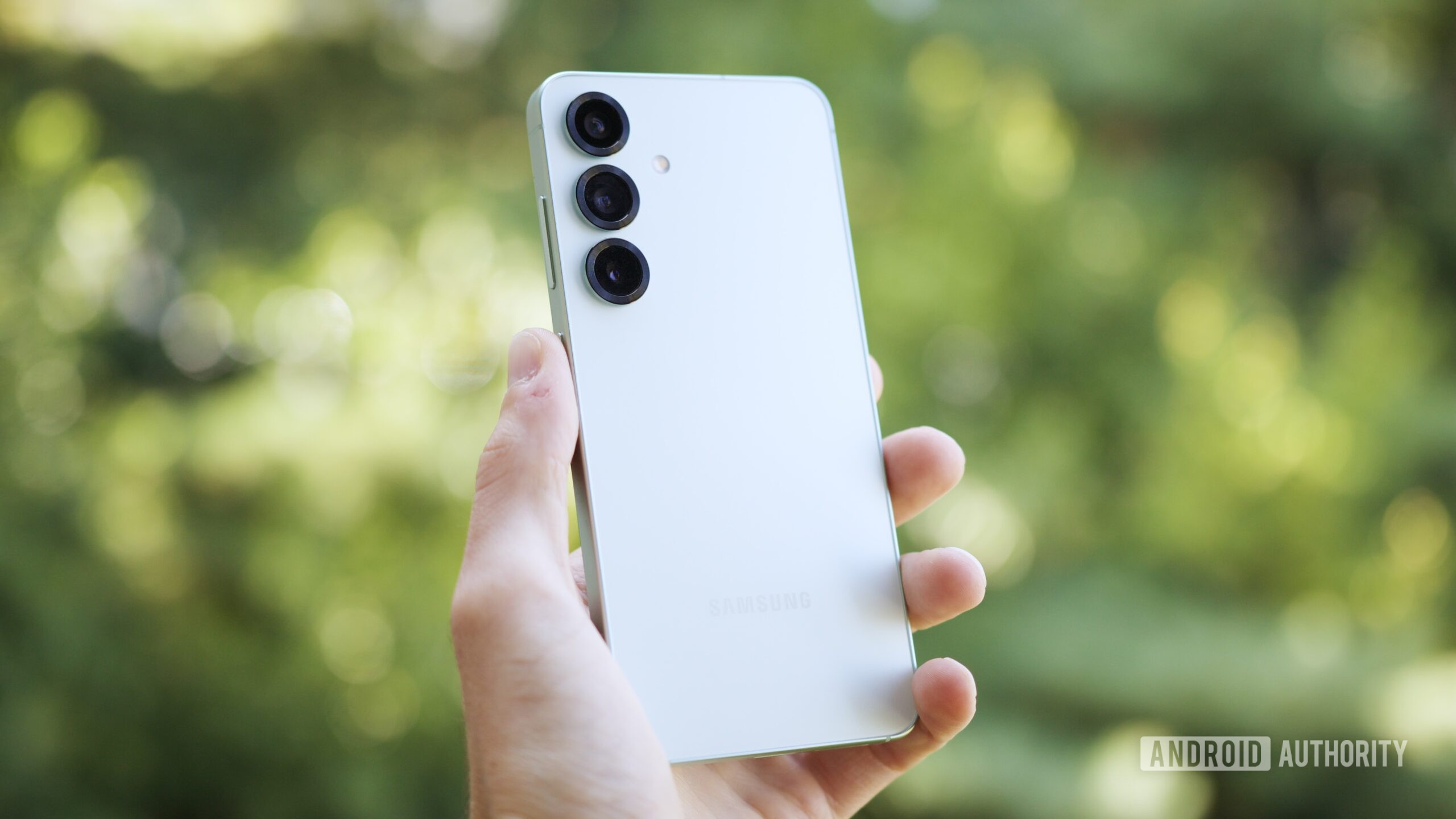Kaitlyn Cimino / Android Authority
Growing up, my dad and I bonded over sprawling fictional universes (in case anyone wondered how nerds are created). He got me to slog through the entire Dune saga, his personal favorite, which I enjoyed but also consider a heroic act of filial love. Every time he brings up Tolkien, though, I stall out. And then a colleague told me about fictional dictionaries, or “Fictionaries,” on Kindle.
Have you installed a dictionary on your Kindle?
2 votes
How fictionaries work
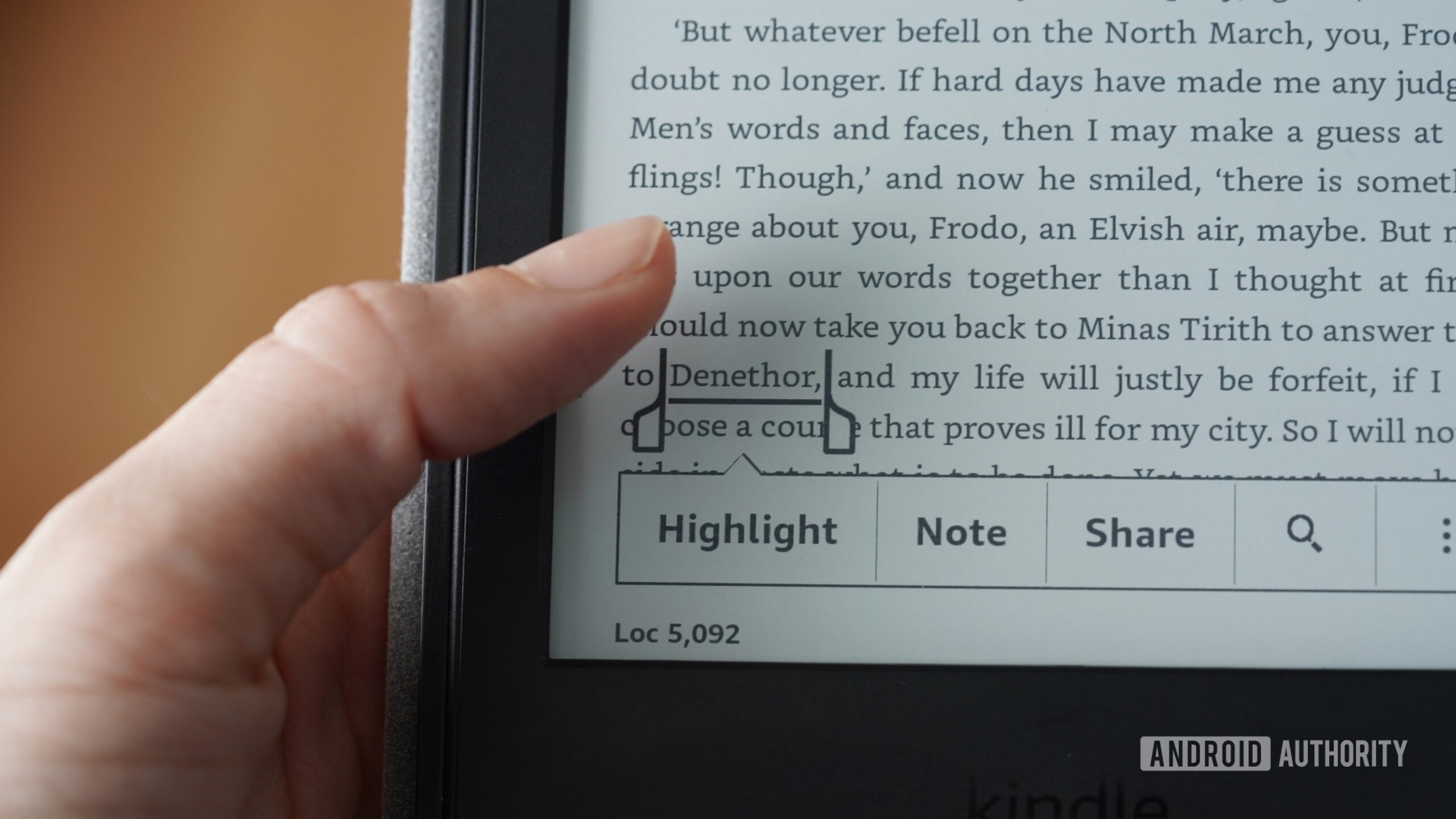
Kaitlyn Cimino / Android Authority
First of all, hats off to anyone who has already read the Lord of the Rings series in full. Memorizing that many names, places, and lineages feels like a lot of commitment. Book-based dictionaries are a Kindle hack that lifts some of the mental load fiction can induce. Instead of juggling separate glossaries, wikis, or dog-eared prequels, I can tap a word mid-book and see exactly who or what it is, right in context. Suddenly, Middle-earth feels navigable. If you’ve ever highlighted a word on a Kindle and had a definition pop up, you’ve already seen how dictionaries function on Amazon’s e-readers.
Fictionaries are custom dictionary files with entries for a book’s characters, places, and lore.
Fictionaries are simply custom dictionary files formatted for Kindle. Instead of “serendipity” or “photosynthesis,” they hold entries for characters, places, and lore. When you tap “Elendil” or “Khazad-dum,” you don’t get an error. You get a concise description. That makes a dense series like Lord of the Rings infinitely more approachable. I can still focus on Tolkien’s storytelling instead of stopping every few pages to hunt through appendices.
Beyond Middle-earth
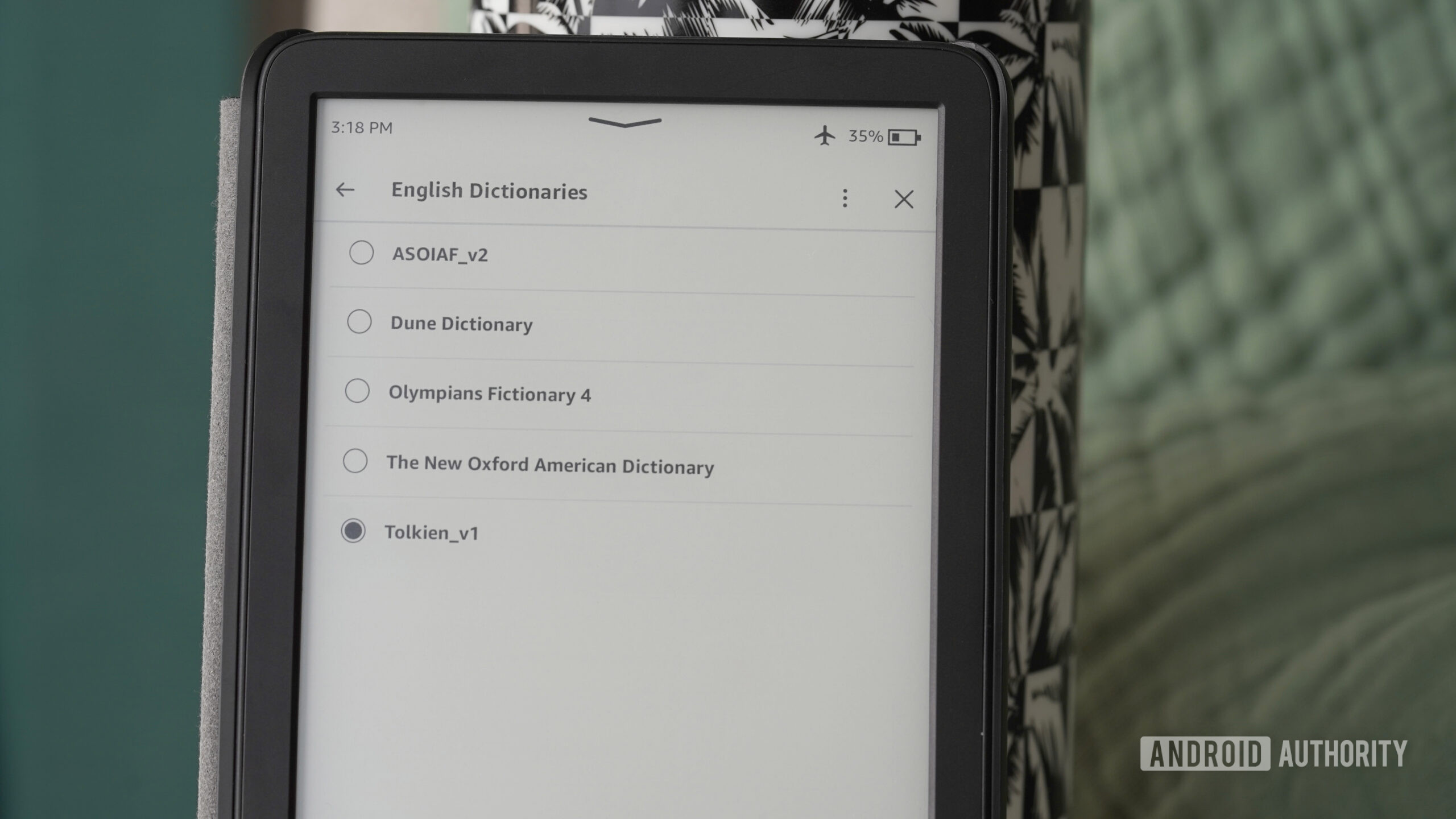
Kaitlyn Cimino / Android Authority
I haven’t stopped with Tolkien. There are tons of fictional dictionaries available, from A Song of Fire and Ice to The Empyrean. Even if a series isn’t terribly dense, the dictionaries can help serve as reminders if you come back from a reading hiatus, or it’s been a long time since the last book dropped. For me, sometimes it’s less about memory failure and more about memory efficiency.
They’re helpful for remembering forgotten terms or for understanding dense fictional worlds.
My nieces are obsessed with the Percy Jackson series, so I added a relevant fictional dictionary for that, too. It’s not that I can’t keep up with Rick Riordan’s teen-friendly narratives. They’re painfully simple. It’s that I don’t always want to commit every minor demigod or camp counselor to memory. My brain holds onto things I actively care about and happily discards the rest. With a fictionary installed, I can still chat with my nieces about their favorite characters without forcing my attention span through unwanted retention drills.
Where fictionaries fall short
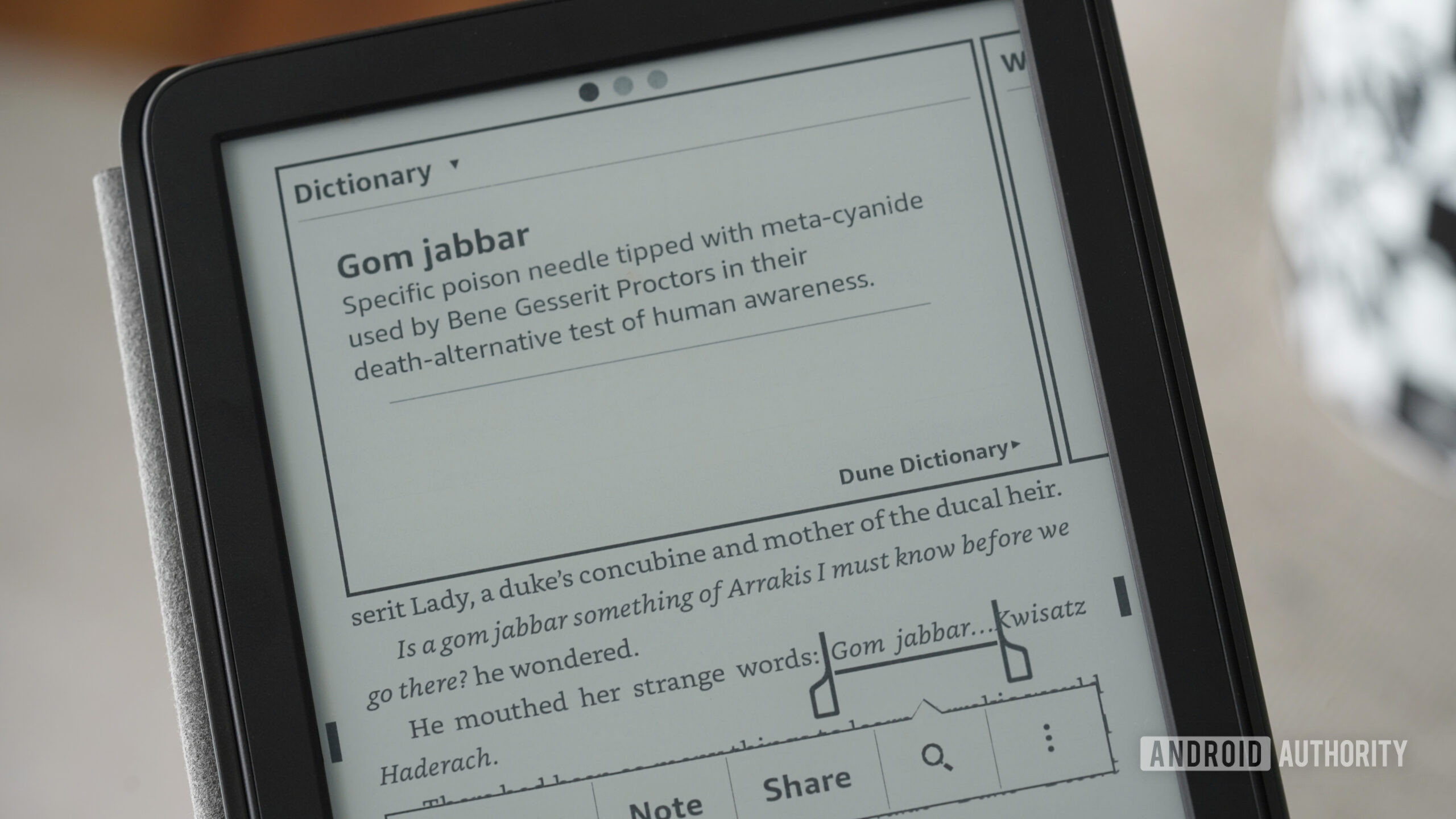
Kaitlyn Cimino / Android Authority
Of course, these dictionaries aren’t flawless. I downloaded a Dune fictionary out of curiosity and was surprised by the gaps. Key terms like “gom jabbar” worked fine, but many people and places were missing. That’s not a Kindle issue; it’s about how the dictionary was built. Most fan-made versions rely on official glossaries or wikis, and the scope can vary wildly.
There’s also the question of spoilers. Good fictionaries are designed to avoid ruining major twists. They give you just enough context for where you are in the story without revealing what happens in the next book. That’s brilliant if you’re discovering a world for the first time, but if you’re re-reading, the spoiler protection can make the definitions feel vague. At that point, leaning on your own memory (or a fan wiki) might be more satisfying.
Not all fictional dictionaries are created equal though, and some may not be as useful as others.
It’s a slightly different approach than Kindle’s own X-Ray feature. X-Ray highlights characters and terms too, but with timeline bars that can inadvertently spoil when someone exits the stage. Fiction dictionaries instead function like true dictionaries. Tap a term, get a definition. Unlike X-Ray, they don’t run the risk of timeline data giving anything away. Fictional dictionaries can also be incredibly dense compared to the info you’ll get from X-Ray. Entries can include everything from a basic character overview to detailed descriptions like height and weight, historical background, and every relevant plot point. In a word, they’re dense.
Notably, both X-Ray and dictionaries are accessible in airplane mode. Wikipedia and Kindle’s built-in Translation tool, on the other hand, are not.
How to add one to your device
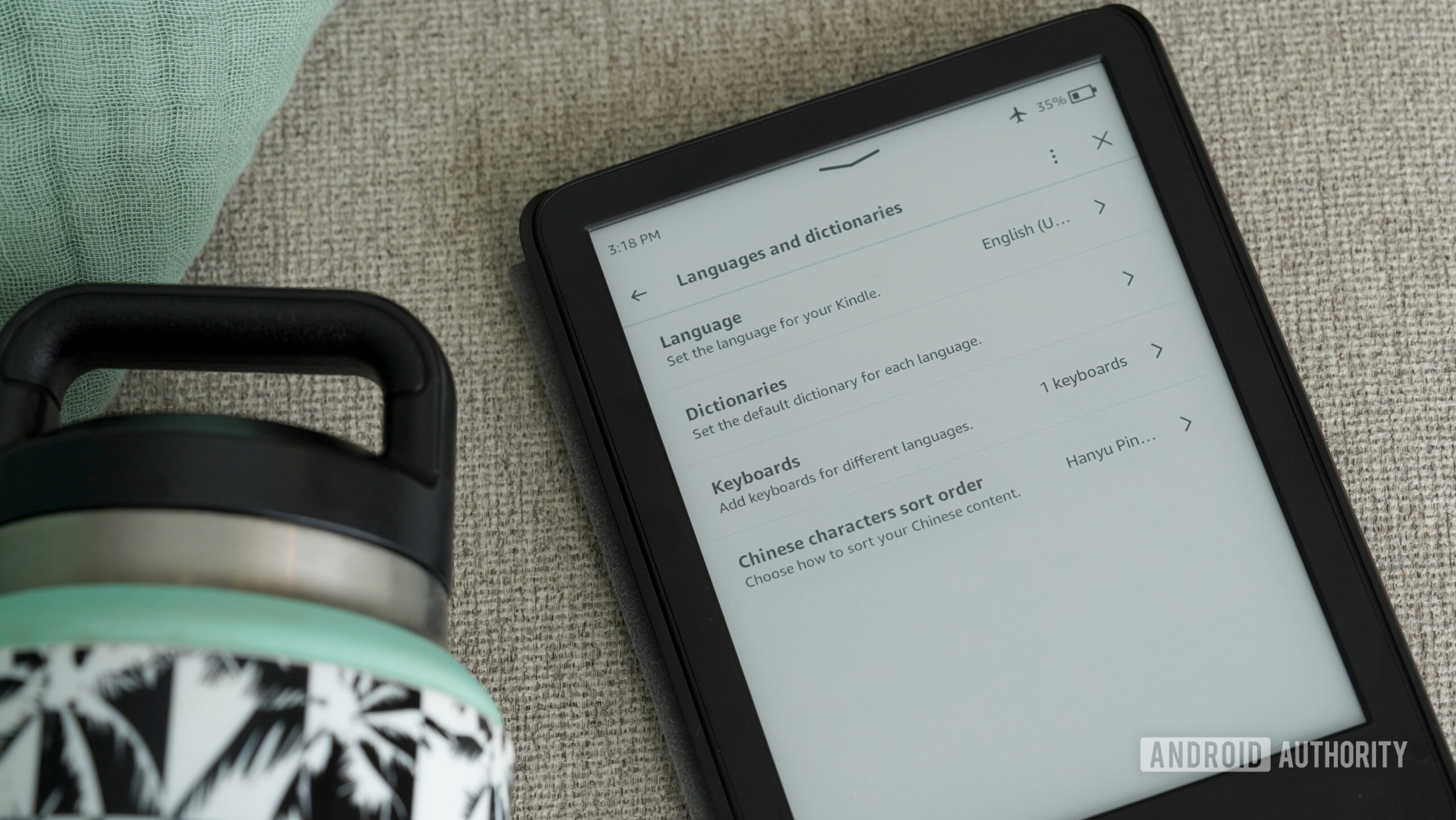
Kaitlyn Cimino / Android Authority
To add a dictionary, fictional or otherwise, to your Kindle is easy. I grabbed the fictional dictionaries I’ve been using from The Fictionary, and they’ve all worked well, but there are endless more dictionaries available.
- Download a Kindle-compatible file. This should be in .mobi or .azw format.
- Connect your Kindle to your computer with a USB cable
- Open the device’s documents folder (or the dictionaries subfolder if it exists) and copy the file over.
- Eject your Kindle and restart it so the device can reindex the new content.
- Go to All Settings and tap Device Options.
- Tap Language and dictionaries, then tap dictionaries.
- Select and set your new dictionary as the active option.
Broader perks
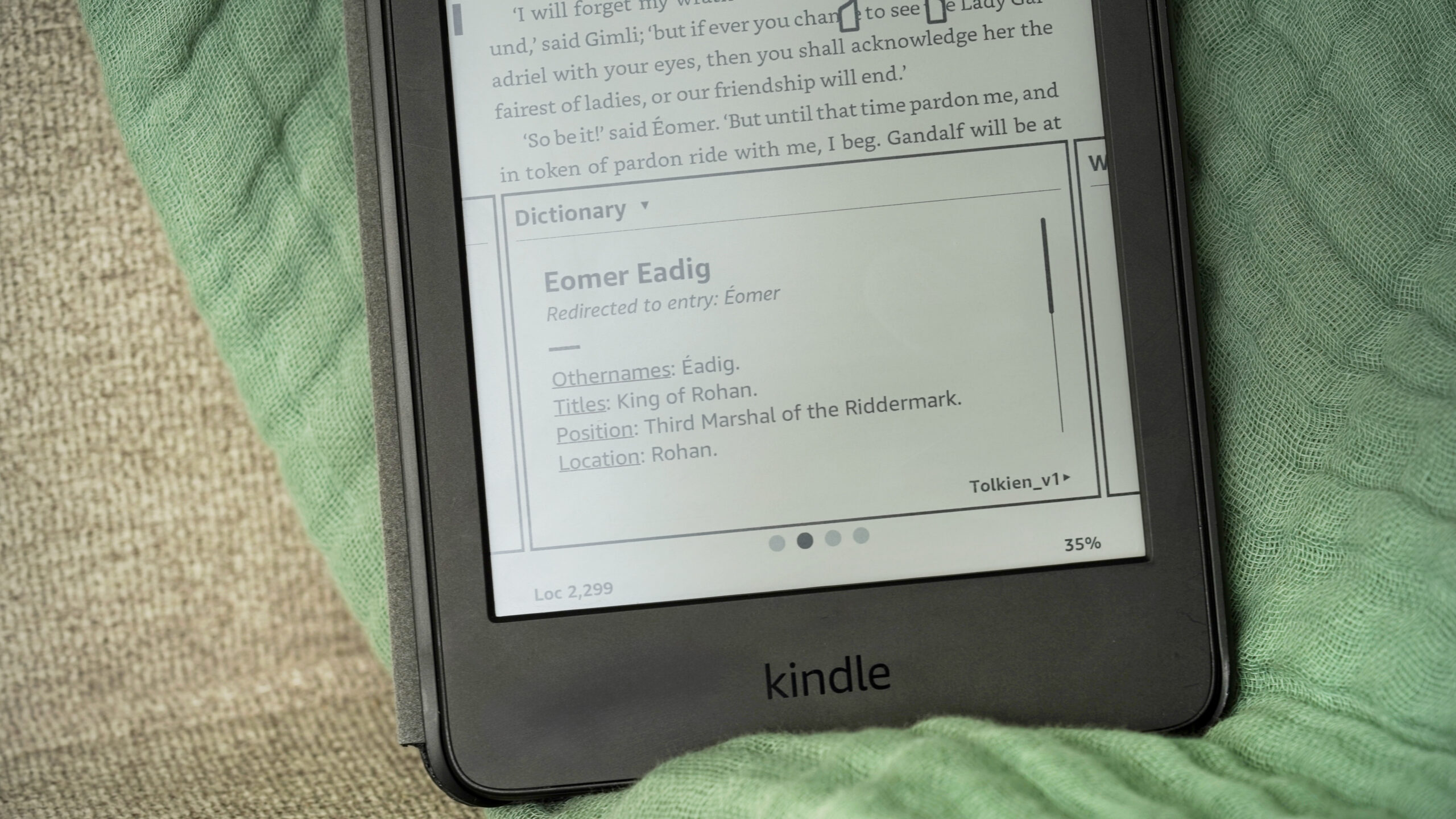
Kaitlyn Cimino / Android Authority
Fictional dictionaries aren’t a magic wand (or staff?). They won’t carry you through every page of Tolkien or Herbert or Martin without effort. But they do help me stay immersed in the text, lower the barrier to Lothlorien, and, more importantly, provide a way to keep me and my family close.
However, even if fantasy epics aren’t your thing, the ability to sideload dictionaries onto a Kindle is worth knowing about. For learning a second language, for example, you can queue up a bilingual dictionary, so a quick tap on a word delivers a translation instead of interrupting your flow. Likewise, subject-specific glossaries like medical or scientific ones can turn a Kindle into a specialized study tool. It’s a quietly powerful feature hidden behind the same gesture you’d use to check the meaning of “heliotrope.”
Thank you for being part of our community. Read our Comment Policy before posting.

